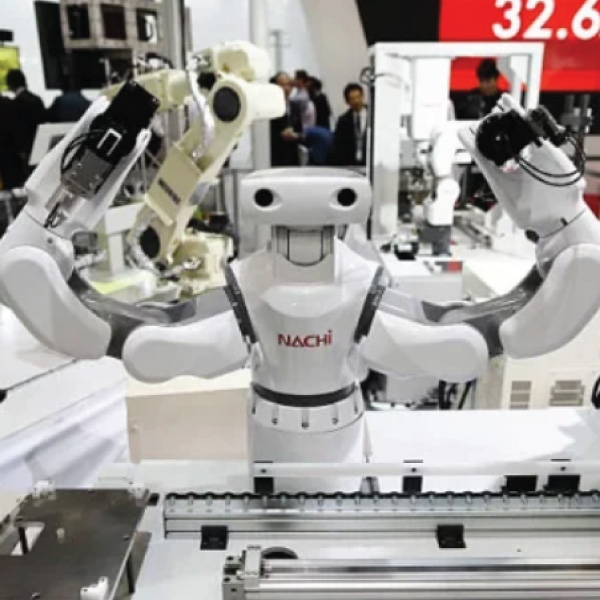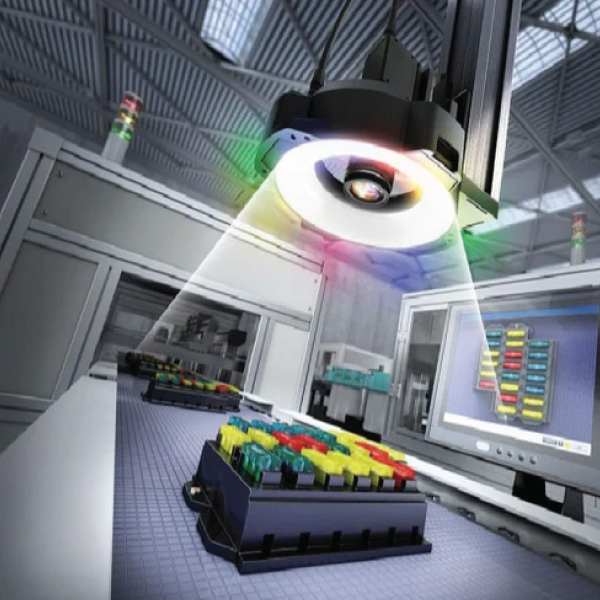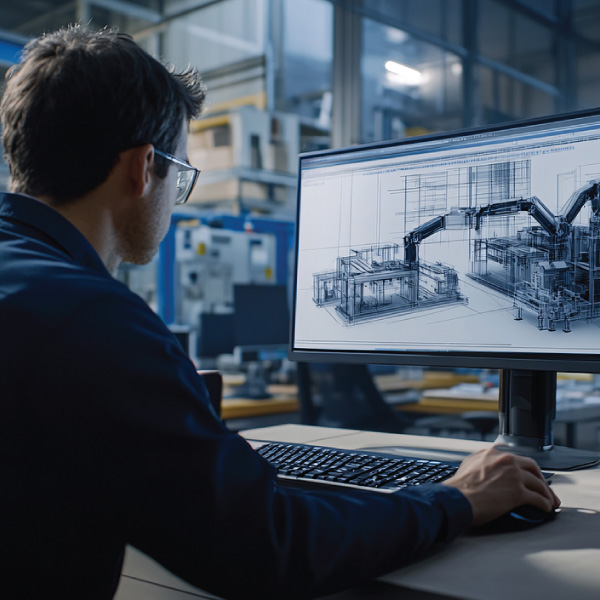In the realm of industrial automation, the quest for efficiency is paramount. Whether in manufacturing, energy production, or other sectors, the need for reliable and efficient machinery is non-negotiable. Among the array of technologies contributing to this efficiency, screw compressors stand out as indispensable tools across multiple branches of industry. Their versatility, reliability, and energy efficiency make them essential components in various automated processes.
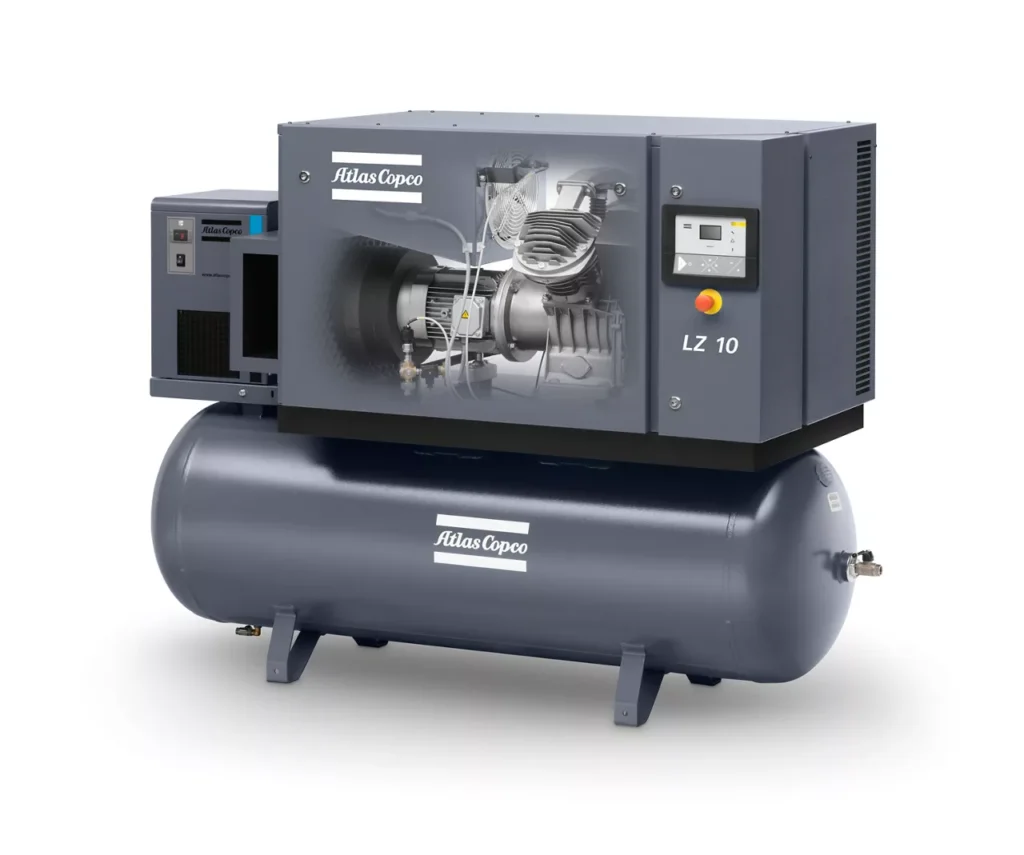
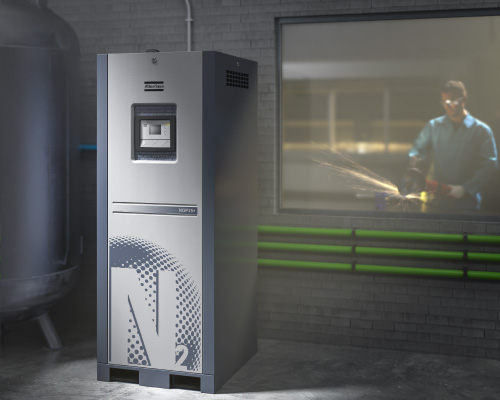
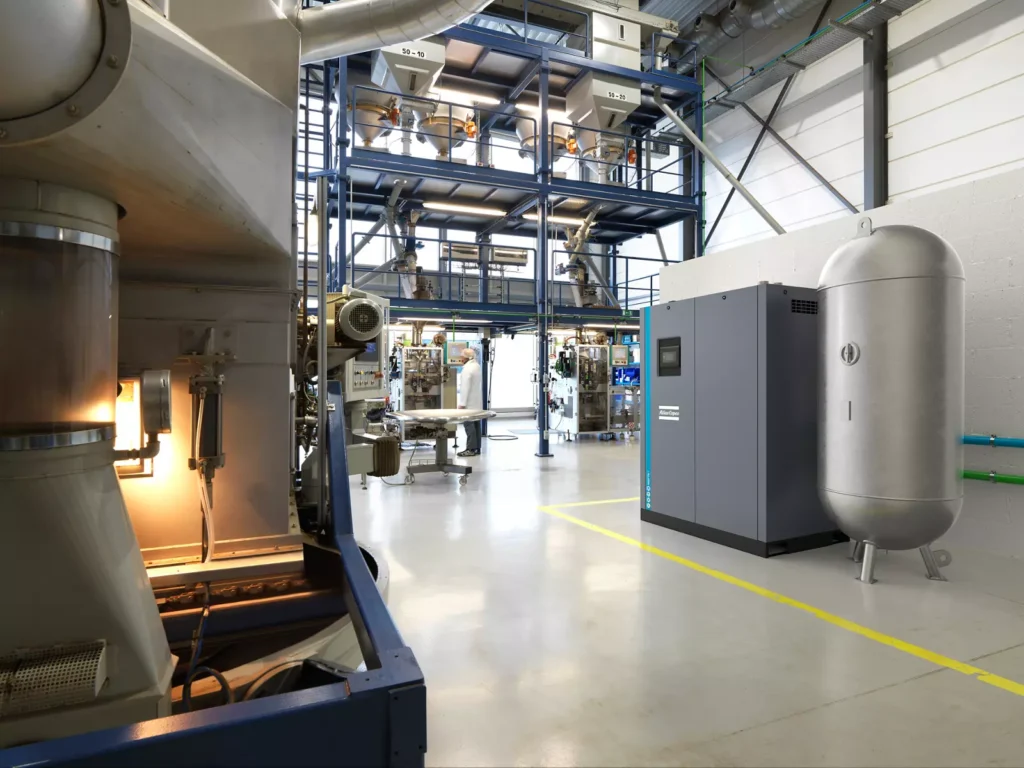
Understanding Screw Compressors
Screw compressors operate on a simple yet effective principle: they use rotating screw elements to compress air or gas. These machines excel in generating a continuous flow of compressed air, making them ideal for applications requiring a steady and reliable air supply. Unlike reciprocating compressors, which generate pulsating airflow, screw compressors provide smoother operation with minimal vibration, reducing wear and tear on components and ensuring consistent performance over extended periods.
Piston compressors, also known as reciprocating compressors, have been a cornerstone in various industries for decades, playing a vital role in generating compressed air for numerous applications. From manufacturing to healthcare, these robust machines have undergone significant development, spurred by technological advancements and evolving demands across industries. This article delves into the evolution of piston compressors, tracing their journey from humble beginnings to becoming indispensable assets in modern industrial operations.
The concept of compressing air dates back to the 17th century when early inventors explored the potential of compressors for various industrial purposes. However, it wasn’t until the 19th century that piston compressors began to take shape in their recognizable form. The invention of the steam engine by James Watt paved the way for the development of reciprocating piston technology, which later found application in compressors.
The Industrial Revolution marked a significant turning point in the history of piston compressors. With the proliferation of manufacturing activities, there arose a pressing need for efficient power sources. Piston compressors, powered by steam engines or early internal combustion engines, emerged as reliable tools for generating compressed air to drive machinery and tools in factories.
Throughout the 20th century, piston compressors underwent continuous refinement and innovation. The advent of electric motors enabled more precise control over compression processes, leading to improved efficiency and reliability. Additionally, advancements in materials science and engineering allowed for the development of lighter, more durable compressor components, further enhancing performance and longevity.
Advantages Across Industries
The advantages of screw compressors extend across a wide spectrum of industries, from automotive manufacturing to pharmaceutical production. Here are some key sectors where screw compressors play a vital role:
Manufacturing: In manufacturing processes, compressed air is often used to power pneumatic tools, operate machinery, and control automation systems. Screw compressors provide a constant and reliable source of compressed air, enabling uninterrupted production cycles and ensuring consistent product quality. Their energy efficiency helps reduce operational costs and contributes to overall plant productivity.
Food and Beverage: The stringent hygiene requirements of the food and beverage industry demand equipment that can maintain air quality standards while delivering reliable performance. Screw compressors, with their oil-free options and advanced filtration systems, ensure that the compressed air meets the strictest regulatory standards for food safety. They play a crucial role in powering pneumatic conveyors, packaging equipment, and air-operated processing machinery without compromising product integrity.
Energy Sector: From power plants to oil refineries, the energy sector relies on compressed air for a wide range of applications, including instrumentation, control systems, and pneumatic actuators. Screw compressors offer energy-efficient solutions for generating compressed air, helping energy producers optimize their operations while minimizing environmental impact. Their reliability and low maintenance requirements make them well-suited for remote or offshore installations where downtime can be particularly costly.
Chemical and Petrochemical: In chemical processing plants, the purity and reliability of compressed air are critical for maintaining process integrity and product quality. Screw compressors, especially those designed for oil-free operation, provide a dependable source of clean compressed air for various applications, including agitation, mixing, and pneumatic conveying. Their robust construction and ability to handle fluctuating demand make them indispensable assets in demanding chemical environments.
Automotive and Aerospace: The automotive and aerospace industries demand precision and efficiency in every aspect of production. Screw compressors power a wide range of pneumatic tools and equipment used in manufacturing, assembly, and quality control processes. Their compact design, high power-to-weight ratio, and low noise levels make them well-suited for integration into automated production lines and assembly cells, where space and noise considerations are crucial.
In the landscape of industrial automation, screw compressors emerge as versatile workhorses, delivering reliable performance and energy efficiency across a multitude of applications. Their ability to provide a continuous supply of compressed air, coupled with low maintenance requirements and long service life, makes them indispensable assets in diverse industries. As automation continues to evolve, the role of screw compressors in optimizing efficiency and productivity is set to become even more pronounced, driving innovation and advancements across various branches of industry.
What’s new in the world of screw compressors?
In recent years, several trends have emerged in the field of screw air compressors, which revolutionized the industry with innovative technologies and solutions. One notable trend is the growing focus on energy efficiency and sustainability, driven by stricter environmental regulations and the increasing demand to maintain environmentally friendly operations. Manufacturers today are developing screw air compressors with advanced variable speed drives (VSD) and energy efficient components to minimize energy consumption while maintaining high performance levels.
Another significant trend is the integration of smart technologies and digitalization, which enable remote monitoring, predictive maintenance and real-time optimization of compressor operations. In addition, there is an increasing emphasis on compact designs and modular configurations, which allow greater flexibility in installation and space utilization. In addition, advances in materials and manufacturing processes improve the durability, reliability and longevity of screw air compressors, guaranteeing optimal performance and reduced expenses.
Automation Yeruham is proud to represent Atlas Copco’s air compressors. These are efficient, economical compressors (20% electricity savings), with a high power of up to 400 hp and very quiet, which provide extremely clean compressed air.
